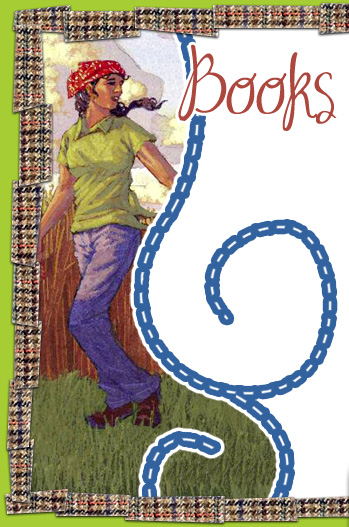

Synopsis
There once was a woman who planted some wheat...
So begins this rhythmical, festive children's book about the joy of a farmer as she works to grow the wheat and bake that bread that she will offer back to her Creator in Eucharistic celebration. The vibrant images -- reminiscent of fields in the American mid-west -- sparkle in light-saturated, warm jewel-tones and provide the perfect backdrop for the story of a woman in love with the earth, and her labor, and equally in love with her God.
Story behind the story…
Funny that this story, written about a woman farmer and baker, was so much harder for me to tell than The Man and the Vine. Of course, The Man and the Vine was a gift to me, and when you think about it, it only makes sense that I should have to work a little bit when it comes to writing! Part of the difficulty must come because The Woman and the Wheat is partly my own story, and it's always harder to write honestly about oneself…
I come from a very long line of French bakers—in fact, my family still bakes with the same sourdough starter that accompanied my great, great grandfather to California back in the late 1800's. He migrated from a tiny little village in the French Pyrenees, and we still visit there when we can; the bakery is still in operation, though the last report was that the villagers were buying baguettes from a neighboring baker. Not good news.
Anyway, when we didn't have money for new shoes when I was growing up, we always had bread, and the best bread on the planet, in my opinion. I loved walking into that old factory on Rose Avenue in Venice, California… The heat and humidity was staggering, and the smell of yeasts that permeated the air was heavenly. I loved to peer through the round, ship-like windows in our custom oven built by my grandfather, Bap. The oven spanned the length of a football field, and through those windows you could watch the bread turn from pale, to golden, to the bubbly, blazing brown that we all knew was a testament to great sourdough.
The Woman and the Wheat of course doesn't take place in a factory, but in the warmth of a home, which then leads to the warmth of the church. I can't say that I'm as good of a baker as the woman in the story, but I do try, and I believe that offering things to God, things that come from our love and our labor are blessings to those who make them and to those who partake of them.







